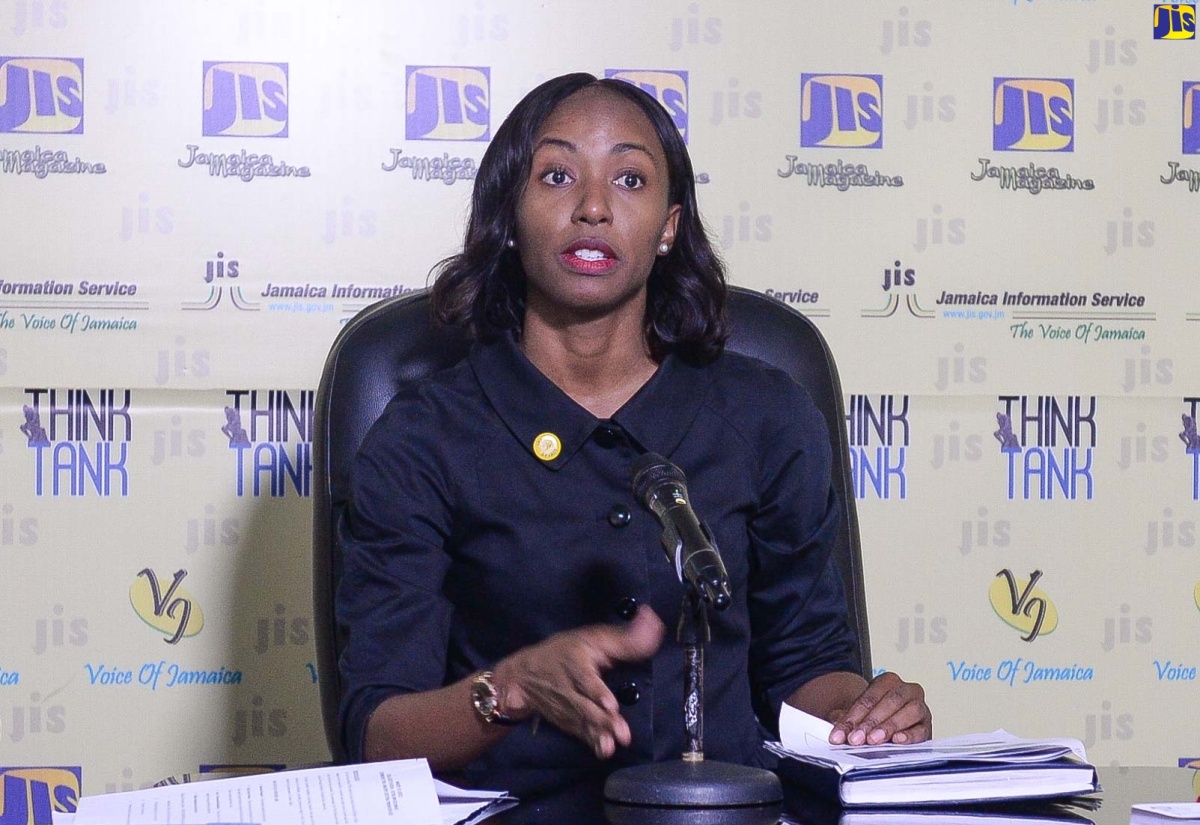Child Diversion Programme Impacts Participant
By: , August 17, 2023The Full Story
A beneficiary of the Child Diversion Programme has shared that it has changed his life, because before the programme, “he was just seeing darkness”.
As recounted by Acting Director in the Child Diversion Branch of the Social Justice Division of the Ministry of Justice, Venisa Clarke, the beneficiary told her that he did not want to talk to anyone and his relationship with his mom was strained.
“Child Diversion allowed him to open up… and just to be able to think about his future,” the young boy told her.
Glowing reviews like this one reflect the magnitude of the changes being made in the lives of Jamaica’s youth through the Justice Ministry’s Child Diversion Programme.
Implemented in 2020, the programme has impacted the lives of more than 700 youth between the ages of 12 and 17 years.
“We are happy to say that over 50 per cent have completed the programme and have moved on successfully, now having tools to be able to cope and make better decisions about their lives,” Ms. Clarke said.
Ms. Clarke, who was speaking at a JIS Think Tank on August 15, said Child Diversion creates treatment plans and implements programmes for children who come in conflict with the Justice System.
“Let us stop for a moment to think about a train that is on track and the conductor recognises that the train is about to have a collision with another incoming train. What will that conductor have to do?
He will have to change the track to ensure that all passengers on board get to their destination safely. In essence that is what child diversion is,” she said.
Aiming to get children ‘back on the right track’, Child Diversion is guided by the Child Diversion Act.
Child Diversion addresses children in conflict with the law while keeping their best interests at heart and focusing on ways to implement measures for them to be rehabilitated and reintegrated into society.
“The goal of the programme is to focus on these children, ensuring that redress takes place as well as ensuring that they are able to identify the areas in which they have committed an offence,” she said.
In order for a child to come to the programme, he or she has to be referred by the court or the police.
The child also has to accept responsibility for the offence that was committed and the victim has to consent to the child being sent.
Once this is done, the child can be sent to any of the 14 offices across the island by referral from the police or court.
“The Child diversion officer will complete an intake assessment as well as a risk and needs assessment. This helps us to be sure that the programme we are using to treat this child will be wholesome and focuses on the whole-person approach,” Ms. Clarke said.
“The programme provides intervention such as sexual and reproductive health education and training, drug abuse counselling and intervention, mentorship, skills and other educational training, as well as we are trying to focus on restitution,” she said.
Once a child comes to the programme, they can be sent from a list of offences on the first schedule by the police. Other offences are sent at the judge’s discretion.
“Some of these offences include noisy and disorderly conduct, damage to property and a big one we have in the programme – having sexual intercourse with a person under the age of 16. Once the child comes to the programme and we craft the treatment plan for them and the child successfully completes the programme, if he or she was accused of an offence they would not be charged and if they were charged with an offence, the charges would be dismissed,” she said.
The parishes with the most referrals include Kingston and St. Andrew, St. James, Clarendon, Manchester and St. Thomas.
More referrals in these parishes indicate greater populations as well as higher utilisation rates of child diversion as a tool for justice implementation.
At the end of the programme participants complete an evaluation form, indicating how they think the programme went and how they think the Ministry can improve it.
Since the start of the programme in March 2020, the Ministry has seen a little over 1,100 children being sent to the programme.
For further details on Child Diversion, persons can visit the Ministry’s website at moj.gov.jm, or call 888 JUSTICE (888-587-8423).


